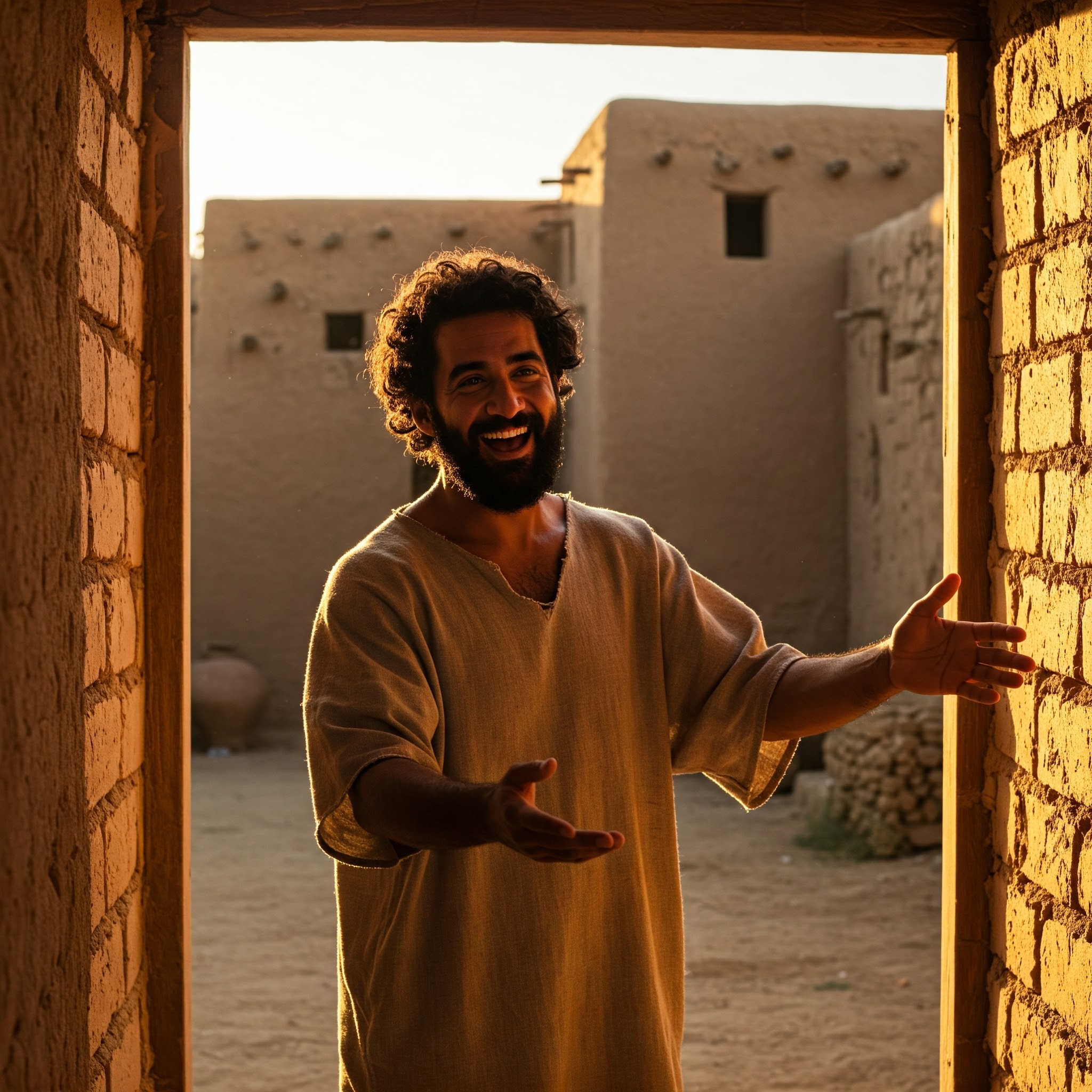After this, the Lord appointed seventy-two others, and he sent them ahead of him in pairs to every town and place where he himself was about to go. He told them, “The harvest is abundant, but the workers are few. Therefore, pray to the Lord of the harvest to send out workers into his harvest. Now go; I’m sending you out like lambs among wolves. Don’t carry a money-bag, traveling bag, or sandals; don’t greet anyone along the road. Whatever house you enter, first say, ‘Peace to this household.’ If a person of peace is there, your peace will rest on him; but if not, it will return to you. Remain in the same house, eating and drinking what they offer, for the worker is worthy of his wages. Don’t move from house to house. When you enter any town, and they welcome you, eat the things set before you. Heal the sick who are there, and tell them, ‘The kingdom of God has come near you.’ When you enter any town, and they don’t welcome you, go out into its streets and say, ‘We are wiping off even the dust of your town that clings to our feet as a witness against you. Know this for certain: The kingdom of God has come near.’ I tell you, on that day it will be more tolerable for Sodom than for that town.” Luke 10:1-12 (CSB)
Who is it that sends out envoys of people before his arrival, to secure location and secure patronage and fidelity? A coming King.
On the road to Jerusalem Jesus sends out his many followers ahead of him to gauge interest and to invite them to pay homage. Our minds jump to the wedding banquet with the king who invites those who were not originally invited (Luke 14:7-14). Jesus is the King who is returning to his Kingdom, the one long promised in the book of Ezekiel. (Ezekiel 43:1-4) We will cover this idea more specifically during the triumphal entry, but needless to say this is a moment of a King entreating his own subjects to see who is still fully loyal to him and who wants to join in the joy of his reign.
When a King’s envoys are sent, it is expected that they will be cared for by the subjects. The King ought not have to support himself in his own land, and hospitality, that great middle eastern virtue that endeared Abram himself to the God, is an enduring symbol of loyalty. Stay with those who host and invite you in. Do not fear that you are taking advantage, they are still loyal servants of mine, and it is their joy to serve their King! For the King’s pleasure is the subject’s deepest desire.
Notice in this passage, in contrast to the shepherd image where the shepherd chases the lost sheep, the King has no patience for those subjects who have forgotten their fealty. They are not lost, they are mutineers and treasonous. Time ought not be spent on any who no longer are interested in their primary and most important obedience. Again, we see the image of the King kicking those invited out of the wedding feast (we will see this in the coming days). Fine! You don’t want the Kingdom, the passage says, we will give it to those who DO.
Still today, I largely operate off of the model that people do not change unless they truly want to change. Neither by guilt, nor by edict will they bring themselves to kneel before the cross, but rather by the brokenness of the will and the dedication of the heart. Given this, those who are truly lost, rather than apathetic, and who have not lost the desire or the will, our Lord will pursue to the ends of the planet and back. Or, rather, to the cross and back.
Finally, we see glimpses of the different sort of nature of the Kingdom that is coming and over which Jesus reigns. For as his harbingers lead the way, they don’t do so with buckets filled with money, or lavish and opulent displays of wealth and power as kings in his time would have, but rather with simplicity and humility. They trust Him who has sent them. And the product of this trust, the truest sign of the nature of the Kingdom, is the healings produced. The outpouring of the spiritual nature of that which is coming to Jerusalem, and a foreshadowing of the great promise found at the end of Revelation, when Heaven itself would descend upon the city.

Leave a Reply
You must be logged in to post a comment.